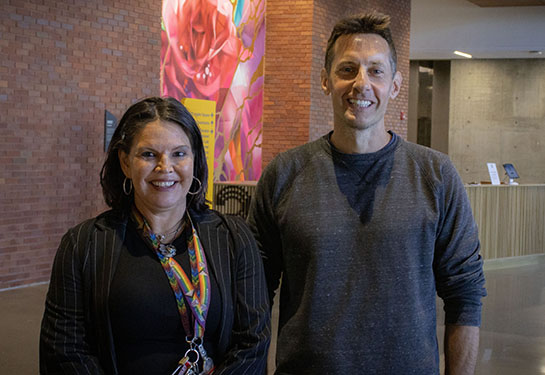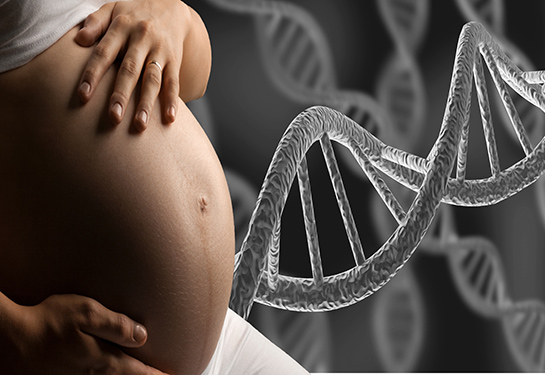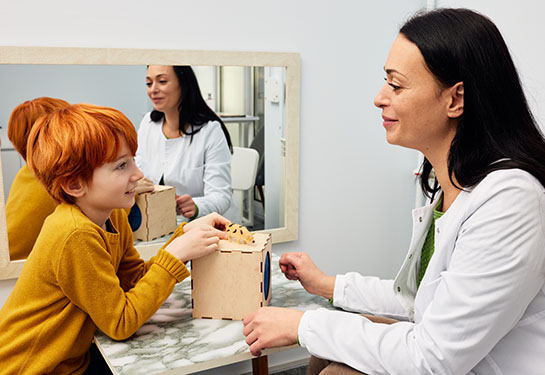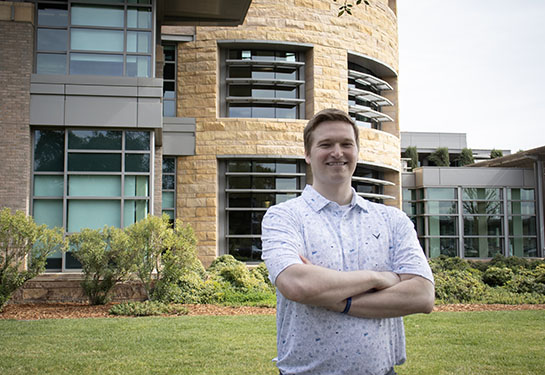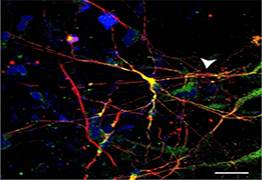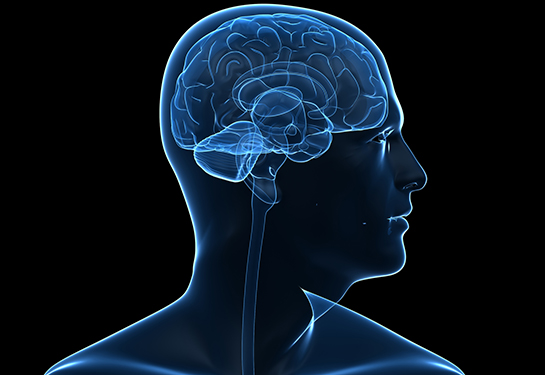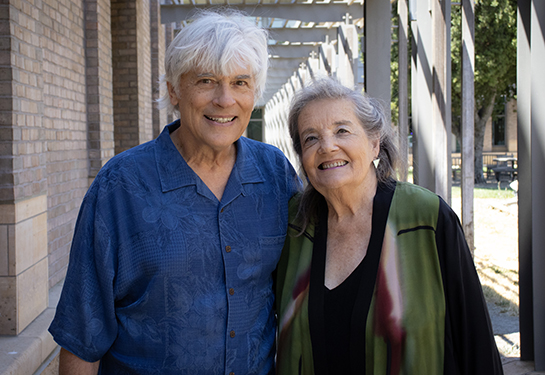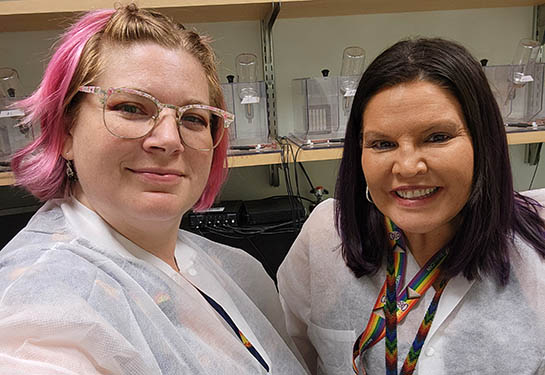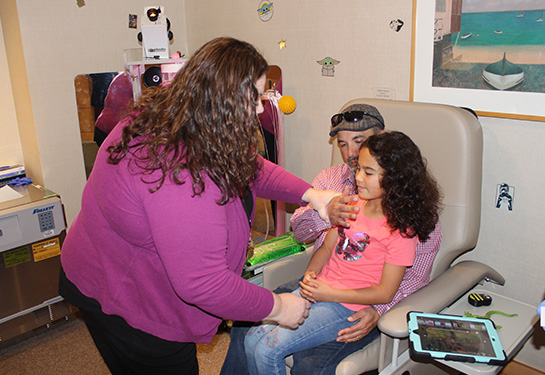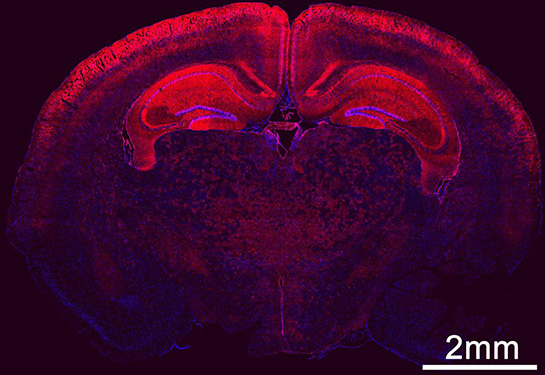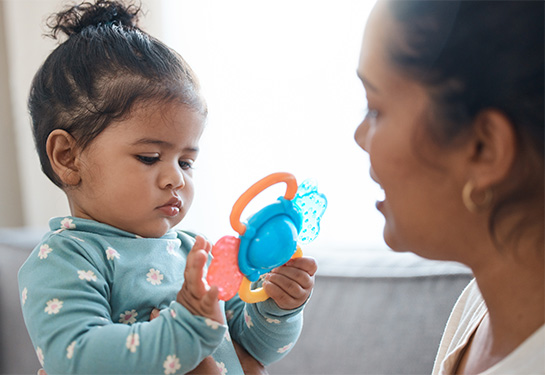Research News
-
February 12, 2026
Exposure to intense wildfire smoke during pregnancy may be linked to increased likelihood of autism
A new study finds that exposure to intense wildfire smoke events during pregnancy may increase likelihood of autism diagnosis in children.
Read More -
February 04, 2026
David J. Segal appointed chair of Department of Biochemistry and Molecular Medicine
David J. Segal, known for advances in gene-editing technologies, has been appointed chair of the Department of Biochemistry and Molecular Medicine.
Read More
-
November 18, 2025
UC Davis launches major study on language development in children with Down syndrome
A new NIH-funded study led by Professor Angela John Thurman aims to build a roadmap for communication support for children with Down syndrome.
Read More
-
September 18, 2025
UC Davis scientists pioneer stem cell gene therapy for Angelman syndrome
UC Davis Health researchers are testing a groundbreaking new therapy for the rare neurodevelopmental condition Angelman syndrome.
Read More -
September 17, 2025
Autistic children more likely to experience persistent gastrointestinal problems
Stomach issues in autistic children are linked to greater challenges with sleep, communication, sensory processing and behavior, finds a study by the UC Davis MIND Institute.
Read More -
September 03, 2025
Dream team to develop in utero gene editing therapy for a rare neurological genetic disorder
Professor Aijun Wang won a $3.2 million NIH grant to develop a cure to Dup15q syndrome using an in-utero gene editing formula.
Read More
-
August 18, 2025
Autism, ADHD or both? Research offers new insights for clinicians
New UC Davis Health research offers insights for clinicians about the connections between autism and ADHD, which commonly occur together.
Read More -
August 08, 2025
Does a parent’s exposure to workplace chemicals affect autism in their children?
Parents’ workplace exposure to chemicals may be linked to a range of behavioral challenges and developmental delays in their children with autism.
Read More -
August 01, 2025
Self-harm and autism: Hunting for clues about the challenging behavior
A UC Davis researcher is studying the brain mechanisms behind self-harm in profound autism.
Read More
-
July 23, 2025
X chromosome switch offers hope for girls with Rett syndrome
Researchers developed a promising gene therapy that reactivates healthy but silent genes and could treat Rett syndrome.
Read More -
July 21, 2025
What makes the human brain distinctive?
New research led by Prof. Megan Dennis found two genes linked to human brain features, which could lead to insights into brain functioning and evolution, as well as the roots of language disorders and autism.
Read More -
July 17, 2025
UC Davis experts call for greater physician awareness and screening of fragile X-related conditions
During Fragile X Awareness Month, two MIND Institute researchers call for more screening of the genetic condition.
Read More
-
February 28, 2025
UC Davis researchers lead innovative work on KCNT1-related epilepsy
On this international Rare Disease Day, we highlight new efforts by UC Davis to advance research into KCNT1-related epilepsy, a rare neurodevelopmental condition.
Read More
-
November 13, 2024
Community partners key to success of vaccine clinic focused on neurodevelopmental conditions
Community partnerships led to a specialized clinic delivering COVID and flu shots to individuals with neurodevelopmental conditions like autism at the MIND Institute.
Read More -
November 05, 2024
3 faculty honored for excellence in pediatric care
Three UC Davis Health faculty will be honored at the Western Medical Research Conference next year in Carmel.
Read More
-
October 24, 2024
Could a new medical approach fix faulty genes before birth?
A new biomedical tool successfully delivers genetic material to edit faulty genes in developing fetal brain cells. This might stop disease progression of genetic-based neurodevelopmental conditions and provide a cure by the time the baby is born.
Read More -
October 17, 2024
Study shows that Rett syndrome in females is not just less severe, but different
Symptoms and disease progression of Rett syndrome are different in females than males. A new MIND Institute study shows why it is important to understand these differences to develop better treatments.
Read More
-
August 08, 2024
ADHD symptoms in autistic children linked to neighborhood conditions
UC Davis researchers have found that poverty and lack of resources at birth are linked to greater ADHD symptoms in autistic children.
Read More
-
July 16, 2024
Large study confirms: Siblings of autistic children have 20% chance of autism
A new, large study confirms earlier findings that children with an autistic sibling have a 20% chance of being autistic themselves.
Read More
-
June 03, 2024
Is autism more likely in children who have autistic aunts or uncles?
UC Davis Health researchers are studying infants whose aunts or uncles are autistic. The goal is to determine whether infants with a second-degree relative with autism may need additional support.
Read More





